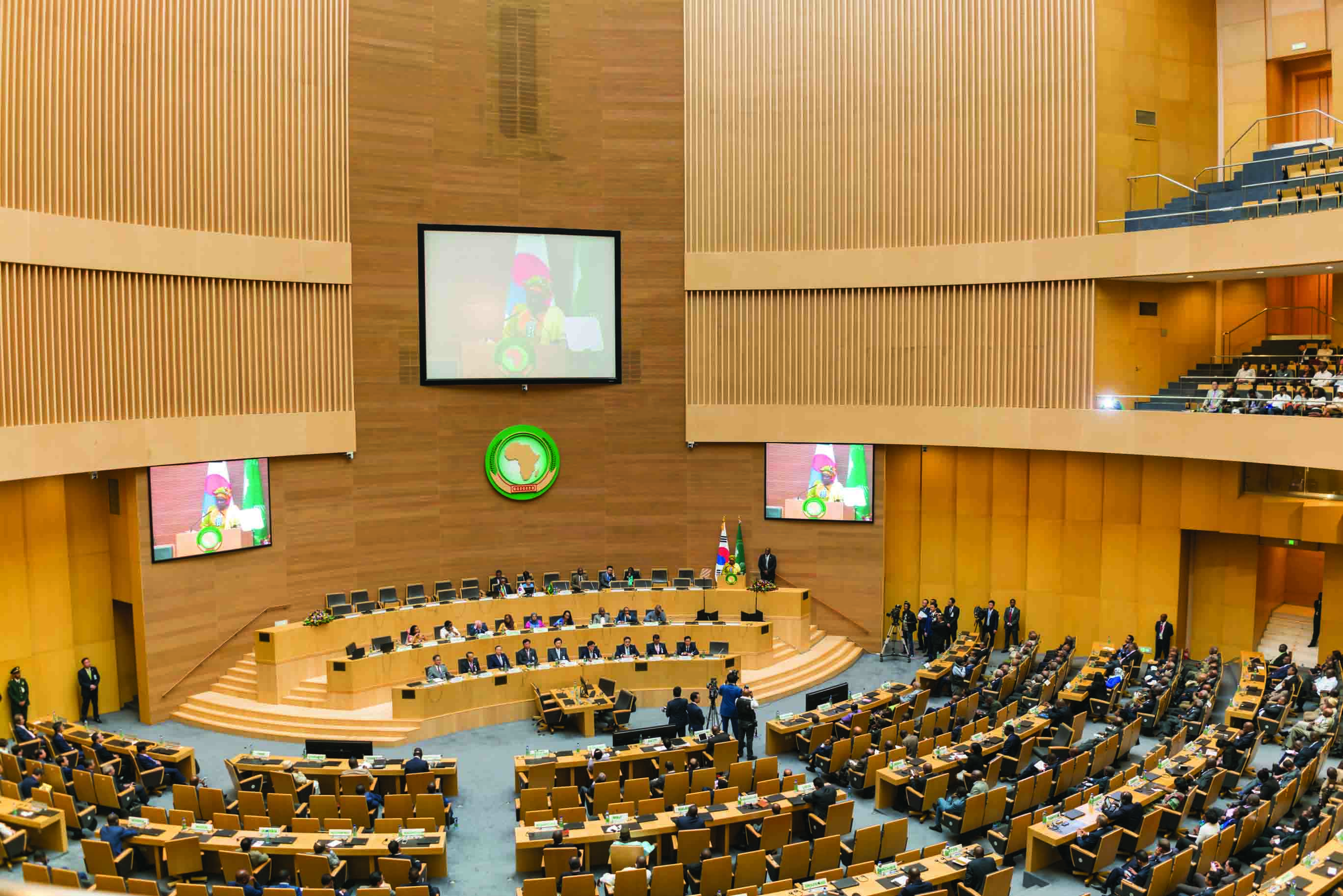March 21, 2018 will go down in history as the day when one of the largest economic integration initiatives in the world was birthed. The African Continental Free Trade Area (AfCFTA) was launched in Kigali, Rwanda, charting a robust path for accelerated intra-African trade.
The AfCFTA was designed to create a single market for goods and services across the continent, bringing benefits for businesses and consumers and strengthening Africa’s position in world trade. It is a flagship project of Agenda 2063, a strategic framework for the socio-economic transformation of the African continent, and refers to a continental geographic zone where goods and services move among member states of the African Union (AU) with no restrictions. The AfCFTA aims to boost intra-African trade by providing a comprehensive and mutually beneficial trade agreement among the member states, covering trade in goods and services, investment, intellectual property rights and competition policies.

‘’This is an urgent issue because countries across the world are concluding mega-regional trade agreements [MRTAs], thus reshaping the global trading landscape. The establishment of the AfCFTA will allow Africa to strengthen its position vis-à-vis the rest of the world, speak with one voice and act in unison on all continental and international trade issues,’’ the African Union (AU) stated.
’’It will create a wider market of more than 1.2 billion people with a combined GDP of $2.19 trillion. This will induce investments, result in the pooling of African resources to enhance structural transformation and the development of regional value chains,’’ the continental body added.
This development will help address the barriers to cross-border trade such as tariffs, taxation, customs and regulations.
AU Commissioner of Trade, Albert Muchanga, says the agreement will accelerate the integration of African markets, foster regional value chains, promote dynamic comparative advantage across the continent for certain goods and boost employment.
It boggles the mind that Africa, despite its sheer size, large population and abundant raw materials, trades with itself at below 20 percent. It is envisaged that AfCTA will increase intra-Africa trade to 52 percent by 2022, through the removal of non-tariff barriers and product diversification by local industries in the wake of increased competition.
According to official statistics, trade between the member states is about 18 percent of total exports from the continent, compared to 69 percent in Europe, 59 percent in Asia and 31 percent in North America.
On that momentous occasion in Kigali, 44 countries signed the protocol establishing the AfCFTA). Zambia’s President Edgar Lungu signed the AfCFTA protocol in Addis Ababa, Ethiopia on February 10, 2019. So far, 52 member states have signed, while 19 have ratified the agreement. Twenty-two ratifications are needed for it to come into effect.
‘’Zambia recognises the importance of the agreement as it would help liberalise trade of both goods and services for all African countries,’’ President Lungu stated.
Meanwhile, the Consumer Unity and Trust Society (CUTS) has advised that Zambia should build productive alliances and necessary capabilities for industry to take advantage of emerging opportunities which will come with the AfCFTA.
‘’CUTS applauds the decision of government to join in the creation of the world’s biggest free trade area as it is expected that the agreement will yield great benefits for the continent,’’ CUTS centre coordinator Chenai Mukumba said.
The AfCFTA is expected to bring about a number of advantages. These include increased employment opportunities and increased food security through the reduction of barriers on trade in agricultural products. Other advantages are:
- Increased competitiveness of African industrial products through harnessing the economies of scale of a continent-wide market
- Better allocation of resources, improved competition and reduced price differentials
- Growth of intra-industry trade through regional value chains and development of geographically based specialisation
- Reduced vulnerability of countries to external trade shocks by reducing the trade balance deficits of African countries
- Enhanced participation of Africa in global trade and reduced dependence on aid and external borrowing
The private sector and SMEs will benefit through the implementation of trade facilitation measures to boost speed and reduce the cost of customs procedures and port handling. This will increase cross-border trade and investments, thus enhancing market access for goods and services produced in Africa. SMEs are responsible for more than 80 percent of Africa’s employment and 50 percent of its GDP, according to the World Economic Forum.
The AU contends that, “Consumers will benefit too. The AfCFTA will create a competitive environment with lower prices and a wider variety of goods and services. It will also ensure the maintenance of quality standards to safeguard the health and safety of consumers.”
As Babajide Sodipo, Regional Trade Adviser to the AU Commission, notes: “If countries are given proof that the AfCFTA is a clear success in moving towards deeper integration, then we will go further in that direction. Rather than giving up sovereignty, it is a case of sovereign countries working together as a single but varied group of actors.”
Needless to say, for the trade deal to work sustainably, there is need to put in place industrial policies that focus on productivity, competition and diversification.








